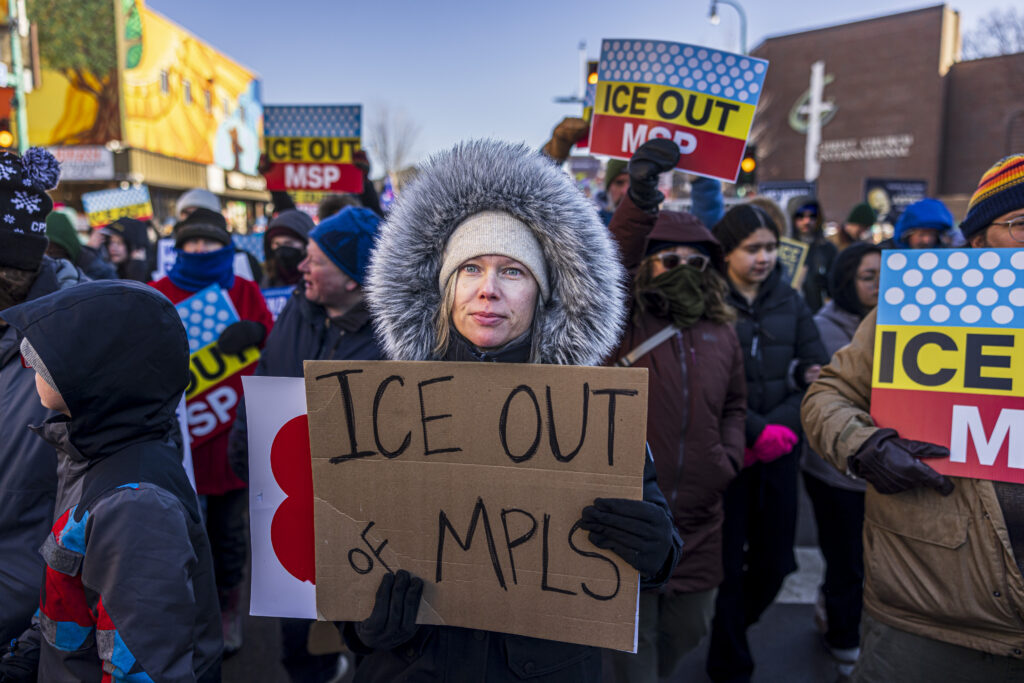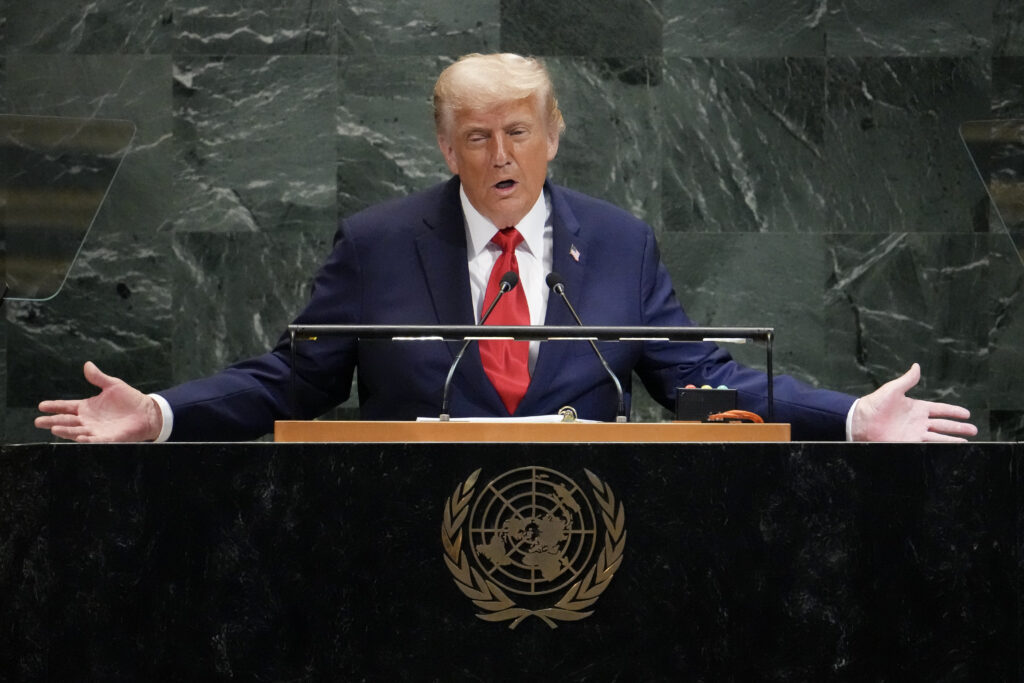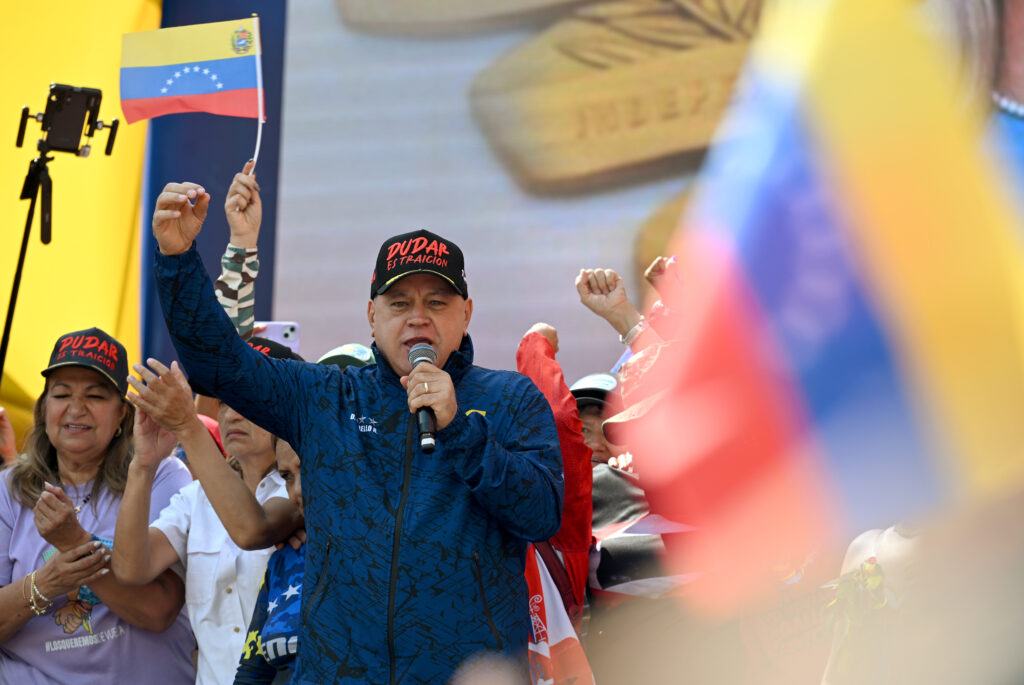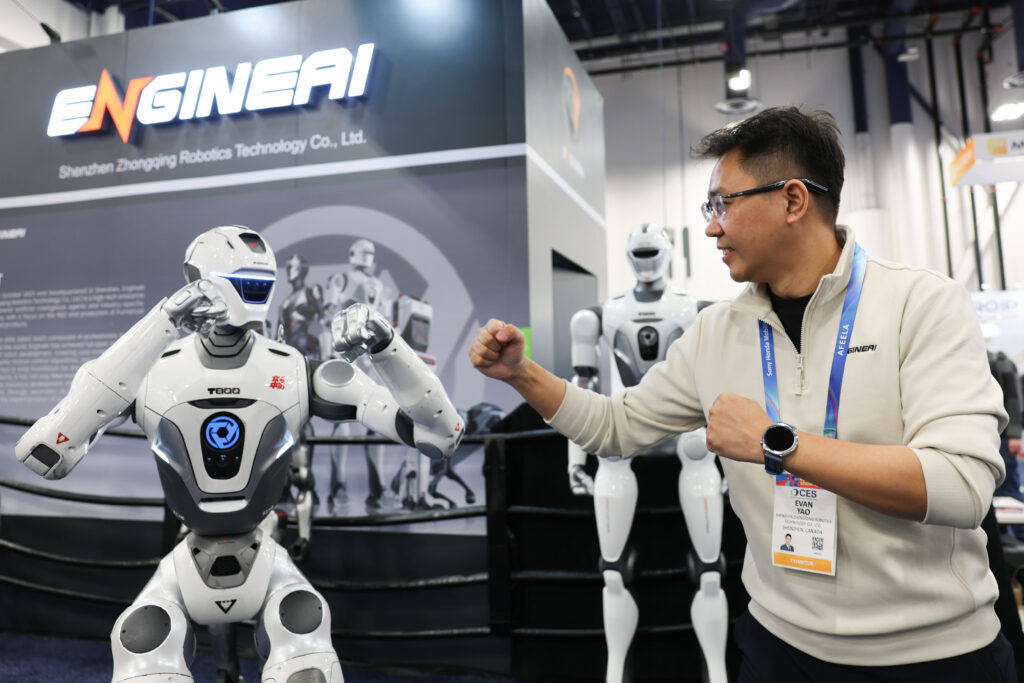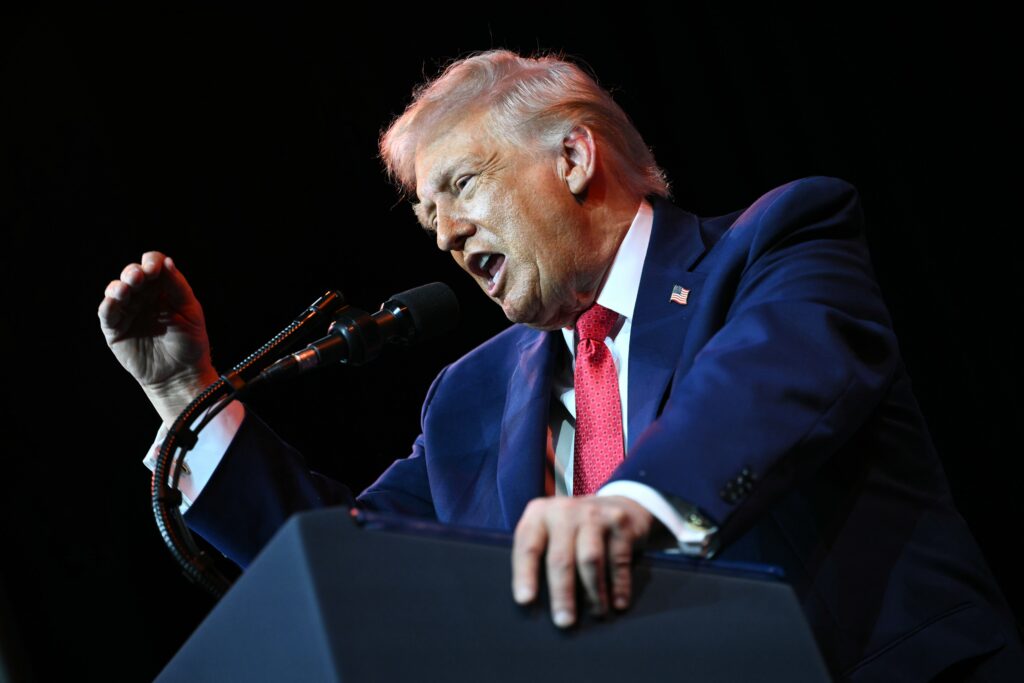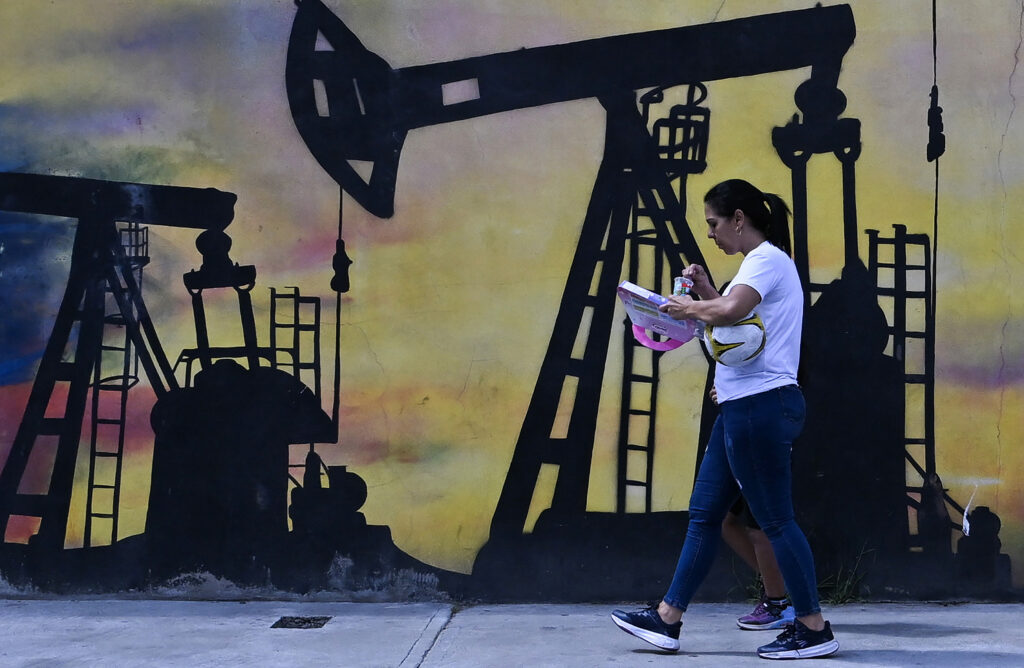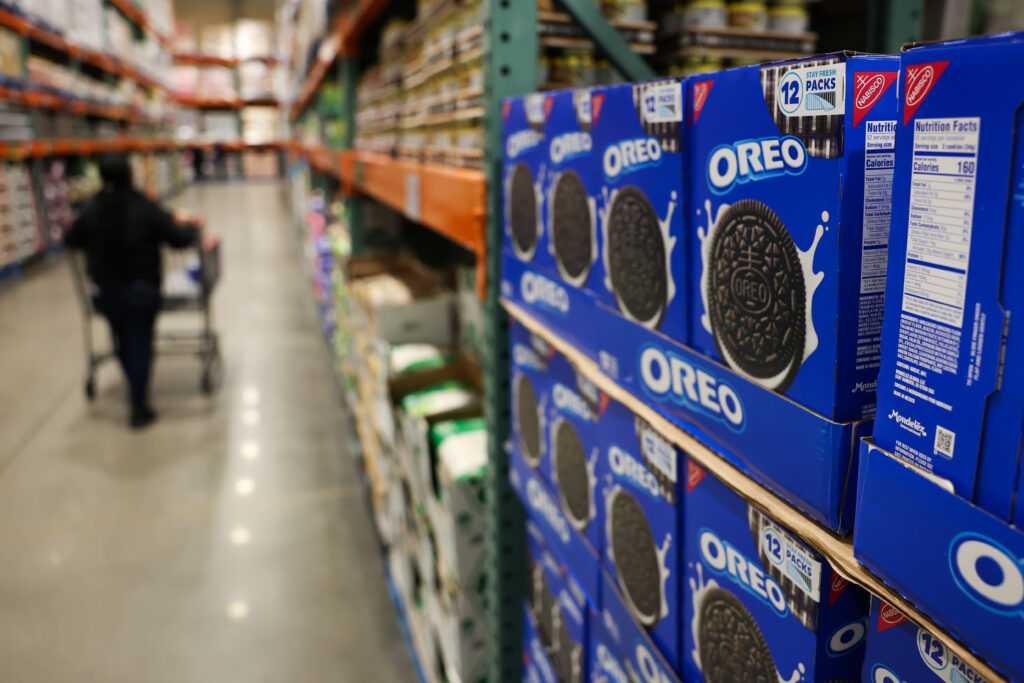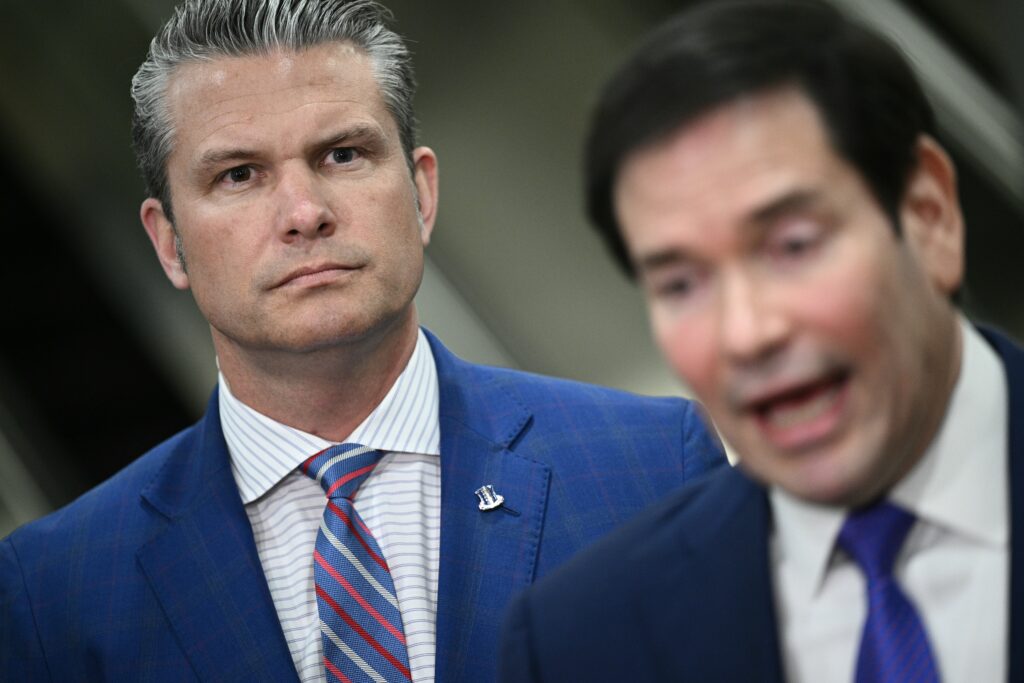US immigration officer fatally shoots woman in Minneapolis, sparking protests
Fresh demonstrations were expected in Minneapolis Thursday after a US immigration officer shot dead an American woman in the city, sparking outrage from local leaders who rejected Trump administration claims her actions amounted to “domestic terrorism.”The woman, identified in local media as 37-year-old Renee Nicole Good, was hit at point-blank range as she apparently tried to drive away from agents who were crowding around her car, which they said was blocking their way.Footage of the incident shows a masked Immigration and Customs Enforcement (ICE) agent attempt to open the woman’s car door before another masked agent fires three times into the Honda SUV.The vehicle then hurtles out of control and smashes into stationary vehicles, as horrified onlookers hurl abuse at the federal officers.Her bloodied body is then seen slumped in the crashed vehicle. President Donald Trump’s administration moved quickly to claim Good had been trying to kill the agents, an assertion Minneapolis Mayor Jacob Frey called “bullshit” and urged ICE to get out of his city.Thousands of protesters took to the frigid streets of Minneapolis after the shooting, holding signs reading “ICE out of MPLS,” a common abbreviation for the city.Similar protests demanding ICE leave were set to take place in front of a federal building and elsewhere in the Minneapolis area on Thursday, according to the Minnesota Star Tribune newspaper.ICE’s federal agents have been at the forefront of the Trump administration’s immigrant deportation drive, despite the objections of local officials.The Department of Homeland Security (DHS) launched an aggressive recruitment campaign last summer to add 10,000 additional ICE agents to the existing 6,000-strong contingent.That sparked criticism that new officers in the field were insufficiently trained.DHS chief Kristi Noem said “any loss of life is a tragedy” but called the incident “domestic terrorism” and said Good “had been stalking and impeding (ICE’s) work all throughout the day.””She then proceeded to weaponize her vehicle,” she said.Wednesday’s incident came during protest action against immigration enforcement in the southern part of Minneapolis, located in the midwestern state of Minnesota.The Department of Homeland Security, which runs ICE, said on X the victim had tried to run over its officer who fired “defensive shots.”- Grisly scene -Minnesota’s Governor Tim Walz called the federal government’s response to the incident “propaganda” and vowed his state would “ensure there is a full, fair, and expeditious investigation.”Witness Brandon Hewitt heard “three shots.””I got a bunch of video of them carrying the body to the ambulance,” he told MS NOW. Another witness interviewed by local station FOX9 described a grisly scene. “The surviving passenger got out of the car covered in blood,” the witness said.He recounted seeing a man who identified himself as a doctor attempting to reach Good but being refused access by officers.- Anti-ICE protests -There have been passionate protests against immigration operations of the Trump administration, which has vowed to arrest and deport what it says are “millions” of undocumented migrants.The DHS called the violence a “direct consequence of constant attacks and demonization of our officers.”The officer who opened fire, who was released from the hospital following the incident, was rammed and dragged along a road by an anti-ICE protester in June, Noem said. The victim’s mother, Donna Ganger, told the Minnesota Star Tribune that her daughter “was probably terrified.”Good was “not part of anything like” challenging ICE officers, Ganger added.The 37-year-old was a mother and a poet who loved movies, according to US media. She studied creative writing at Old Dominion University in Norfolk, Virginia.Trump has made preventing unlawful immigration and expelling undocumented migrants priorities during his second term, and has tightened conditions for entering the United States and obtaining visas.ICE — which critics accuse of transforming into a paramilitary force under Trump — has been tasked with deporting an unprecedented number of undocumented migrants.US authorities said up to 2,000 officers were in Minneapolis for immigration sweeps.A US immigration enforcement officer shot dead an undocumented immigrant in Chicago in September after federal authorities alleged the man tried to resist detention by driving his car into the official.
